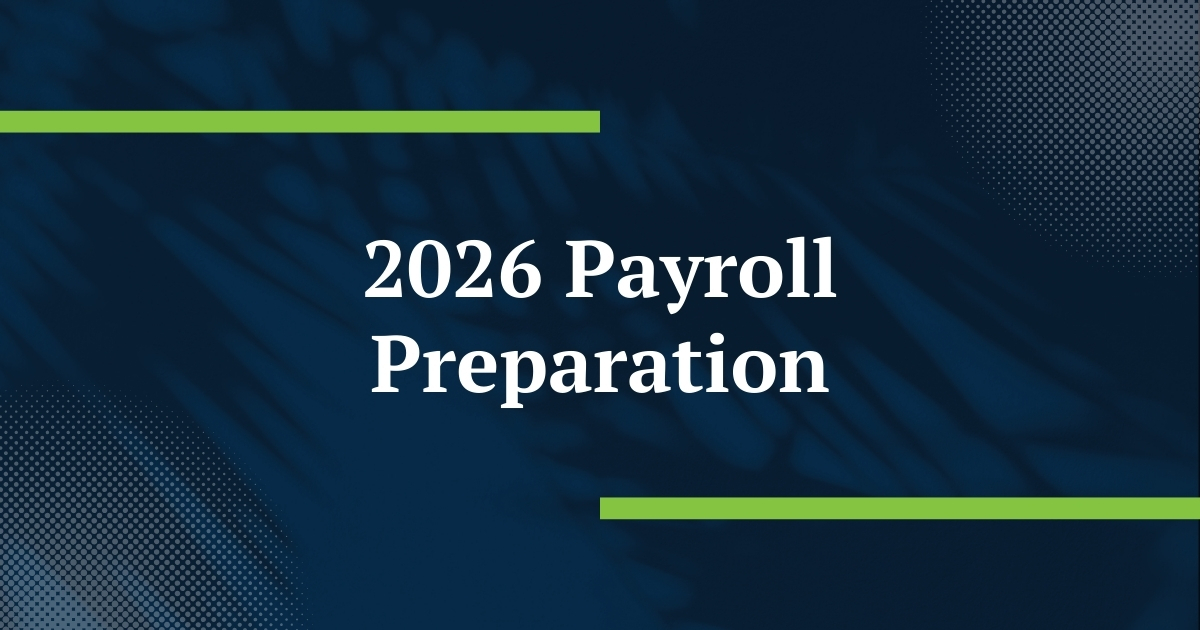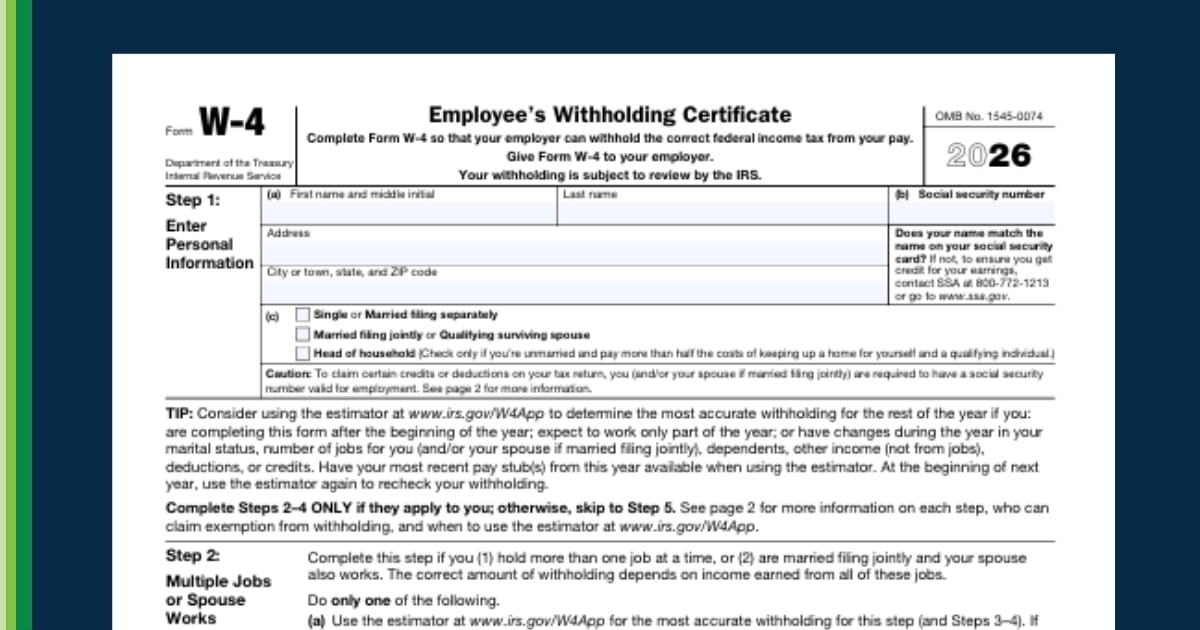Table of Contents:
In today's fast-paced world, traditional bi-weekly or monthly pay schedules may not fully meet employees' immediate financial needs. This gap has sparked the rise of various Early Wage Access (EWA) options, offering employees the flexibility to receive their earned wages ahead of their scheduled payday.
This blog explores these wage access options, providing insights into the considerations for both employees and employers.
The Changing Landscape of Wage Access
As the workforce evolves, so does the way employees and employers think about pay. The traditional paycheck cycle often falls short of meeting the unexpected financial demands many workers' encounter. A new wave of wage access options has emerged in response, giving employees greater control over their finances by presenting alternatives to conventional pay schedules.
To meet these demands, employers are tasked with the challenge of incorporating Early Wage Access systems into their established payroll frameworks ensuring regulatory compliance, while mitigating potential effects on cash flow and administrative burdens. While these services can enhance employee satisfaction by addressing immediate financial needs, it's important for employers to weigh the operational and financial considerations carefully.
An In-Depth Look at Alternative Wage Access Options
Early Wage Access
Early Wage Access (EWA) allows employees to access part of their earned wages before the traditional payday, aiming to help workers manage unexpected expenses or financial emergencies. While EWA programs vary, most offerings enable access to wages already earned, though some services may resemble loans. Understanding the distinction between EWA and loans is necessary for grasping the service's impact and its regulatory considerations.
In essence, Early Wage Access can be thought of as an overarching term for most wage access programs.
Payday Loans
Payday loans occur when individuals borrow a small amount against their future wages at a very high rate of interest. Typically, borrowers must repay these loans within 2-4 weeks, usually by their next payday.
Due to their costly terms, payday loans can lead to a cycle of debt for employees, making them a less favorable option for managing financial emergencies.
Earned Wage Access and On-Demand Pay
Earned Wage Access is a subset of Early Wage Access services that specifically allows employees to access wages they have already earned but have not yet been paid.
Pay On-Demand refers to the benefit employees receive with Earned Wage Access. It gives employees the flexibility to access their earned wages anytime, ensuring that proper deductions and benefits are applied.
These processes work by allowing employees to request a portion of their accrued wages using an app or a financial service provider. Payroll pay-on-demand technologies or third-party services facilitate the requests by transferring an employee’s wages to a bank account or prepaid card. This amount is then deducted from their next paycheck. Typically, a small fee accompanies the transaction, which either the employer covers or passes on to the employee.
Payroll Processes that Facilitate Early Wage Access
Daily Pay
Daily Pay is a radical approach to payroll where employees receive their earnings at the end of each workday.
This approach demands advanced payroll processing capabilities, such as instant ACH transfers, and may require third-party services to advance the funds. By providing immediate access to earnings, Daily Pay can significantly enhance employees' financial wellness, though employers must carefully navigate the logistical and financial challenges it presents.
Industries with high turnover rates use daily pay and other early wage access options to increase retention. Examples include healthcare, retail, hospitality, manufacturing, amongst others.
Employers should establish a clear payment system that details the calculation of daily wages and overtime. They must also maintain accurate records of hours worked and wages paid. Employers considering daily pay should consult with legal counsel to ensure all regulations are met and to design a payroll system that can handle the frequency of transactions.
Continuous Calculations
This term is not commonly linked with wage access services because it represents a payroll approach that updates payroll calculations in real time. Changes trigger these updates, such as employees logging hours, taking leave, or receiving bonuses. Continuous calculations treat all earned wages as active payroll, pre-calculating them and making them available for submission at any point in a payroll cycle.
The system accurately deducts any accessed wages from the employee's next paycheck, ensuring the integrity of payroll processes. Although it offers significant advantages, implementing continuous calculation demands advanced payroll technology and can complicate payroll management.
State-by-State Considerations for Wage Access
While Early Wage Access programs can be beneficial for workers needing immediate funds, they also raise concerns about financial management and potential dependency on such services. As a result, several states are currently reevaluating their stance on pay-on-demand services.
States are currently deliberating whether earned pay advances are loans, leading to a variety of state laws. Nevada and Missouri are cracking down on fees, while other states like Connecticut and California might call them loans, bringing hefty regulatory implications. States are still figuring out the best approach to keep things fair for workers without stifling the perks of immediate wage access.
As this is an evolving issue, further developments are expected as states work towards balanced legislation that safeguards both employee interests and the integrity of pay-on-demand services.
Choosing the Right Wage Access for Your Business
For employers, the decision to implement these wage access options involves balancing the benefits to employees against the cost and complexity of administration. They must consider how these options integrate with existing payroll systems, their impact on cash flow, and their potential to boost employee satisfaction and retention.
It's important for employers to grasp the implications for payroll operations and regulatory compliance when rolling out alternative wage access options. These alternatives require more than just the usual scheduled pay runs; they demand extra processing and a keen understanding of the legal nuances surrounding wage access.
By adopting wage access options, employers demonstrate their commitment to employee welfare. However, they must engage in careful planning and continuous management to ensure that these benefits align well with the organization’s capabilities and meet the workforce's needs.
Choosing the Right Early Wage Access Partner
The landscape of wage access is evolving, offering both employees and employers innovative solutions to meet financial needs and improve financial wellness. While each option presents its own set of benefits and considerations, the move towards flexible wage access reflects a broader shift in the workforce towards greater financial empowerment and flexibility.
Employers and employees alike are encouraged to explore these options carefully, considering their unique circumstances and the potential impact on their financial future.
Having the right Earned Wage Access (EWA) partner is key to providing this benefit to your employees. Greenshades’ partners with EWA providers that ensure you stay in compliance. Learn more here.




























